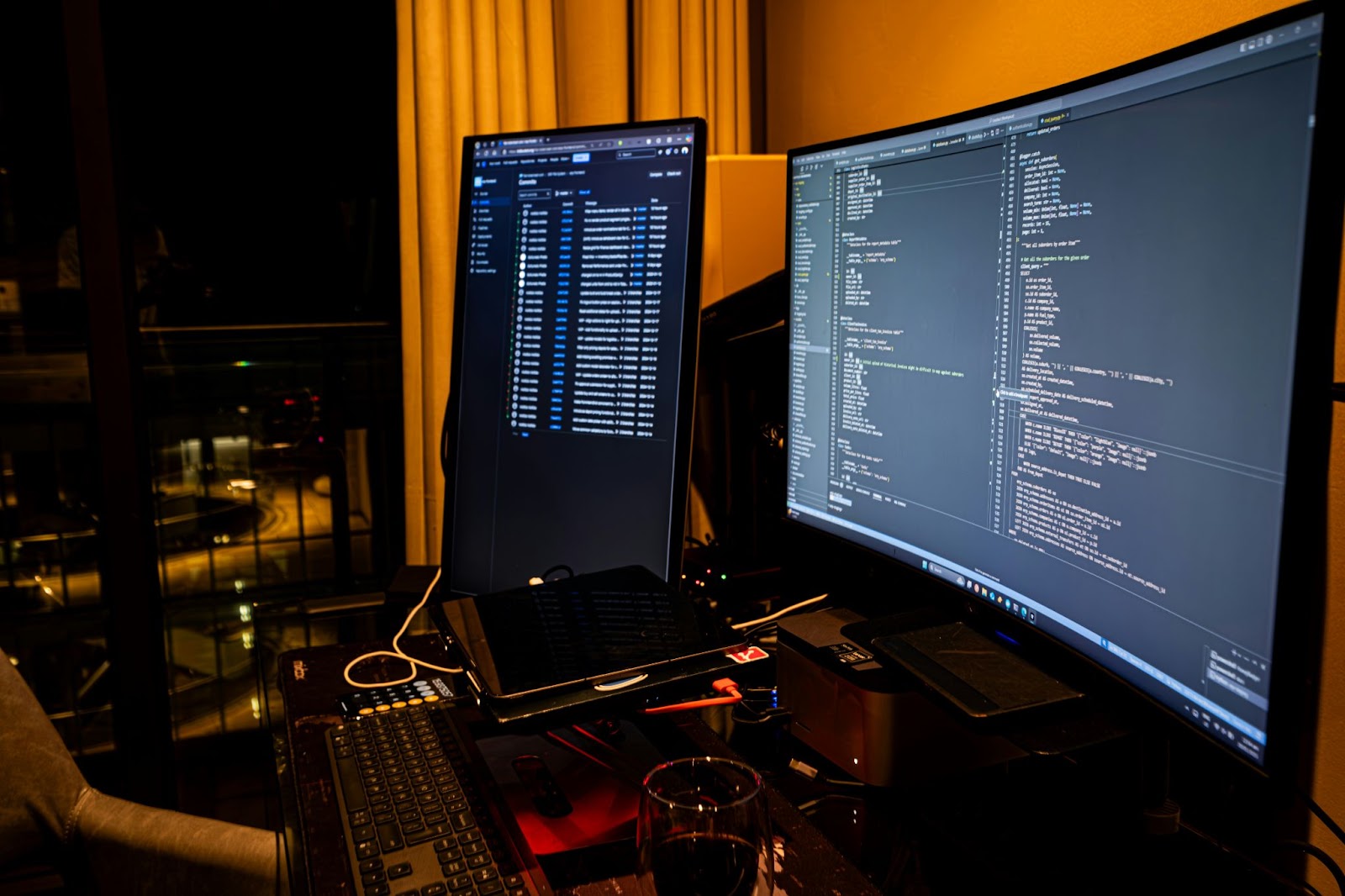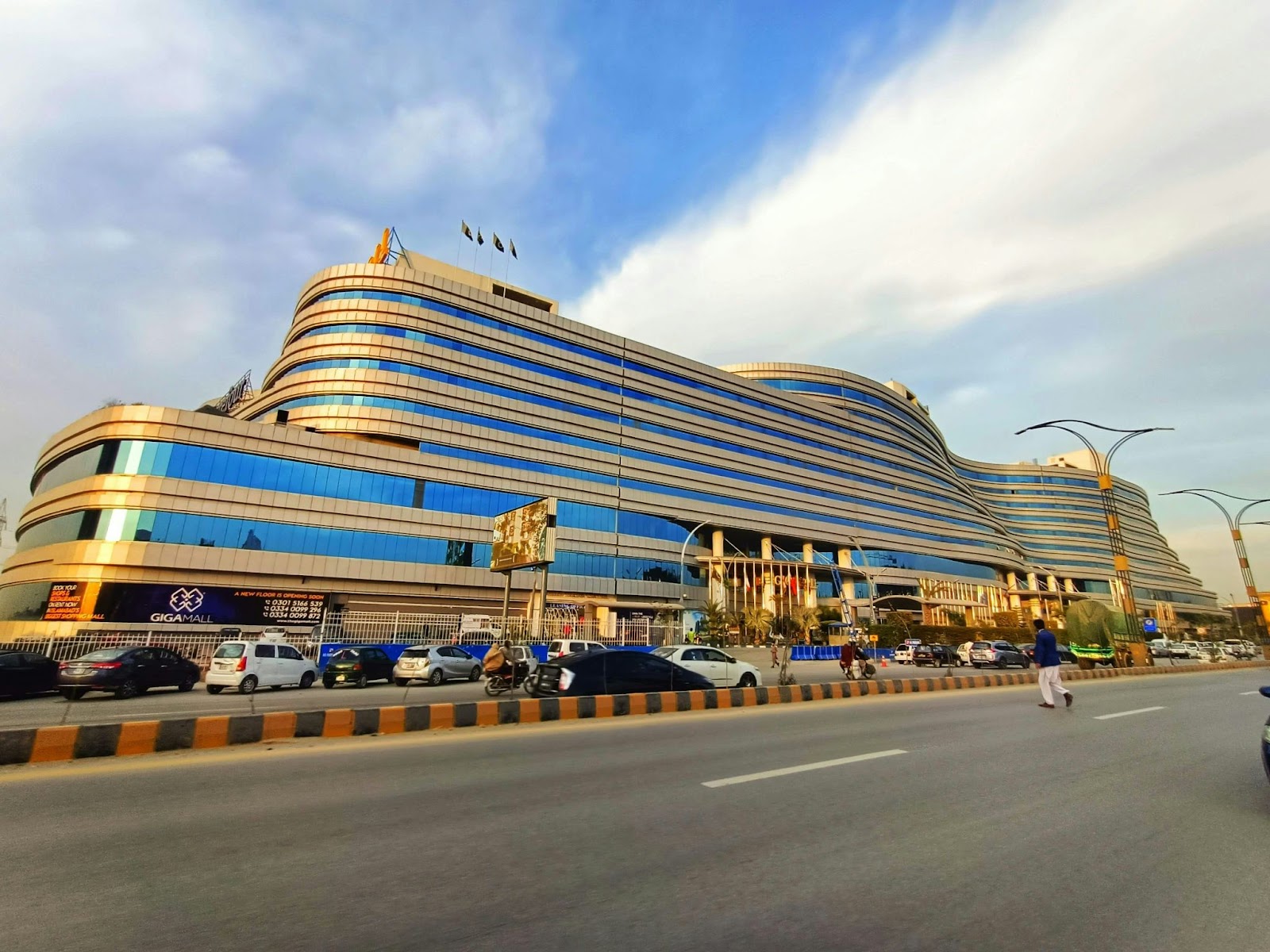July 2, 2025

Jeddah is transforming fast. As one of Saudi Arabia’s key commercial and logistics hubs, the city is rapidly aligning with Vision 2030’s digital transformation goals, pushing enterprises across sectors to modernize outdated systems and embrace smart technology.
For many companies in Jeddah, whether in logistics, construction, retail, or manufacturing, the biggest leap isn’t in adopting new tech. It’s in modernizing the software they already depend on.
Legacy platforms, outdated CRMs, disconnected tools, and paper-heavy workflows are becoming serious growth bottlenecks. The solution? Custom software modernization tailored to the needs of today’s high-performing businesses.
Software modernization refers to the process of rebuilding, replacing, or re-architecting legacy applications so they’re scalable, secure, and compatible with modern business needs.
This includes:
Modernization is not just about keeping up, it’s about unlocking new capabilities, increasing productivity, and enabling data-driven decision-making across the enterprise.

Many businesses in Jeddah still rely on decade-old software, on-premise installations, and non-scalable tools. These systems often:
According to a 2019 report by PwC, over 40% of businesses in the GCC region reported that legacy systems were among the biggest barriers to achieving digital transformation goals. This is a common challenge for companies operating in sectors like logistics and manufacturing, where outdated tools can cause significant inefficiencies.
Modern systems replace fragmented tools with centralized, automated platforms that speed up workflows and improve visibility.
With ongoing reforms in digital security, finance, HR, and data governance, companies need software that’s compliant, secure, and auditable. Custom software gives businesses control over how data is collected, stored, and shared, especially critical in regulated sectors.
As part of Vision 2030, Saudi Arabia introduced a National Data Management and Protection Law in 2021, aiming to regulate how businesses handle personal and corporate data. In response to such shifts, 40% of organizations in the Kingdom report that they are accelerating their digital and software modernization efforts to ensure compliance, according to a 2023 survey by McKinsey & Company.
Whether Adopting AI, RPA, Or Advanced Analytics, Outdated Systems Become A Barrier To Innovation. Enterprises Need Flexible, API-First Platforms That Integrate Seamlessly With Evolving Digital Tools.
Custom modernization unlocks interoperability, so businesses can stay agile and future-proof their tech stack.
Reports from Gartner suggest that 80% of businesses seeking to implement AI and automation technologies face significant barriers due to the incompatibility of existing legacy systems. Custom software modernization is crucial to overcoming these challenges and ensuring seamless integration of emerging technologies.

Every modernization project is different, depending on where a business is starting. To give you a sense of what’s possible, here’s what we help companies in Jeddah modernize and build:
Before development starts, we always begin with a deep discovery phase - mapping out pain points, user needs, and existing systems.
This ensures that modernization delivers both technical improvement and real business value.
A manufacturing enterprise in the Gulf approached us with a common challenge: a web of spreadsheets, custom Access databases, and offline tools that no longer scaled with operations.
We designed and deployed a custom ERP-like platform in under three months that:
This story reflects what’s possible for Jeddah businesses that modernize proactively. This story reflects what’s possible for Jeddah businesses that modernize proactively. After the modernization, the company saw order-processing time reduced by 35% and achieved real-time KPI reporting, a feat that has been shown to increase operational efficiency by 22% on average in companies with similar ERP implementations, according to a study by Aberdeen Group.
Software modernization is not a one-size-fits-all solution. It requires the right mix of technical expertise, process understanding, and stakeholder buy-in.
Here’s how we structure modernization teams for enterprise clients:
This team can be launched in phases, starting with one developer or a discovery sprint, then scaling as the roadmap grows.
A report from Deloitte states that organizations that structure their modernization teams with a combination of solution architects, business analysts, and dedicated developers are 50% more likely to succeed in achieving their digital transformation goals compared to those who lack clear role alignment.
We’ve worked with regional and global clients to modernize complex systems and deliver future-ready platforms. For enterprises in Saudi Arabia, we offer:
Our hybrid delivery model - built from teams in Sri Lanka, Morocco, Colombia, and Canada- allows us to offer top-tier custom development with flexible pricing and fast execution.
If your current systems are holding you back, now is the time to take action.
Jeddah is transforming fast. As one of Saudi Arabia’s key commercial and logistics hubs, the city is rapidly aligning with Vision 2030’s digital transformation goals, pushing enterprises across sectors to modernize outdated systems and embrace smart technology.
For many companies in Jeddah, whether in logistics, construction, retail, or manufacturing, the biggest leap isn’t in adopting new tech. It’s in modernizing the software they already depend on.
Legacy platforms, outdated CRMs, disconnected tools, and paper-heavy workflows are becoming serious growth bottlenecks. The solution? Custom software modernization tailored to the needs of today’s high-performing businesses.
Let’s collaborate and explore how we can help modernize your business-critical tools.